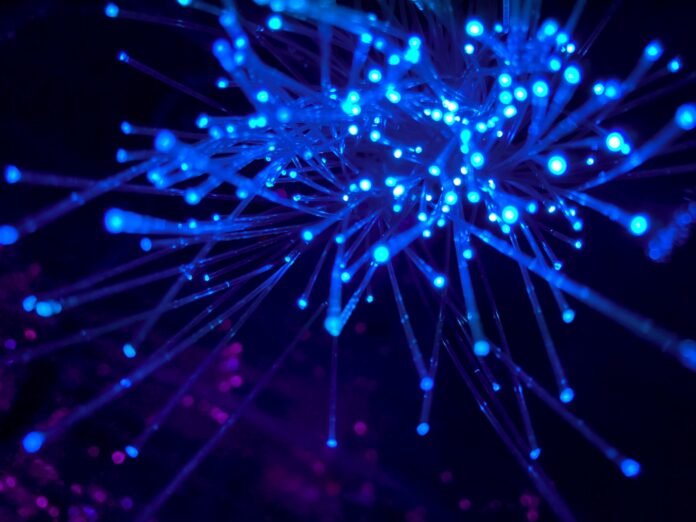Welcome to the world of blue light glasses, where fashion meets function. If you’re someone who spends a significant amount of time in front of screens – whether for work or leisure activities – then these glasses might just be your new best friend. In this fast-paced digital era, technology plays a crucial role in our everyday lives, but it also comes with its own set of potential health hazards.
The constant exposure to blue light emitted from electronic devices has been linked to various issues such as eye strain, headaches, and disrupted sleep patterns. Now more than ever, people are turning to blue light glasses as a solution to protect their eyes and improve overall wellness while still staying connected to the digital world.
The growing popularity of blue light glasses and their purpose in our daily lives
Blue light glasses, also known as computer or gaming glasses, have gained immense popularity in recent years. These glasses are specially designed to filter out blue light from electronic devices and reduce its negative impact on our eyes and bodies.
But what exactly is blue light? Blue light is a type of visible light with a short wavelength that is emitted from electronic screens such as laptops, tablets, and smartphones. While some blue light is essential for regulating our sleep-wake cycle, excessive exposure to it can cause harm. The use of electronic devices has become an integral part of our daily lives, from work to entertainment, making it impossible to completely avoid blue light.
That’s where the technology behind blue light glasses comes in – by blocking or filtering out harmful blue light, these glasses aim to reduce eye strain and improve overall well-being. Also, as the people from BlockBlueLight add, different times of the day require different levels of blue light to be filtered and blocked. That’s why some blue light glasses are designed to block out only a certain amount of blue light, while others are more comprehensive in their filters.
Explanation of what blue light is and where it comes from
Blue light is a type of visible light that has a shorter wavelength and higher energy than other colors in the spectrum. It is emitted by various sources such as the sun, electronic devices, and LED lights. The blue light emitted by electronic devices like smartphones and computers can disrupt our circadian rhythms and affect our sleep. Too much exposure to blue light can lead to eye strain and even damage to the retina. While blue light has its benefits, it’s important to be aware of the sources of blue light and take precautions to protect our eyes and our rest.
The negative effects of prolonged exposure to blue light on our health
As mentioned earlier, prolonged exposure to blue light can have various negative effects on our health. Some of the most common issues include eye strain, headaches, blurred vision, and disruption of sleep patterns. Blue light can also cause dry eyes and digital eye strain, which is a condition that occurs when we spend too much time in front of screens without taking breaks.
In the long term, excessive blue light exposure has also been linked to an increased risk of age-related macular degeneration (AMD). This is a serious eye condition that can lead to loss of central vision and significantly impact daily activities.
Types of blue light glasses available in the market
There are various types of blue light glasses available in the market, each with its unique features and benefits. Some popular options include:
- Yellow-tinted and being aware of the glasses: These have a yellow tint that helps to block out blue light and reduce glare from screens.
- Clear lenses with anti-glare coating: These glasses have clear lenses but come with an anti-glare coating that helps to filter out blue light and reduce strain on the eyes.
- Blue light-blocking clip-ons: These are clip-on glasses that can be attached to regular prescription glasses, making them a convenient option for those who already wear glasses.
- Prescription blue light glasses: These are prescribed by an eye doctor and have a specific level of blue light filtering based on individual needs.
In conclusion, the advent of blue light glasses marks a significant step in technology’s response to the challenges posed by our increasingly digital lifestyles. These glasses are not just a trend but a functional tool to protect our eyes from the potentially damaging effects of prolonged screen exposure.
As the world continues to evolve, we need to adapt and take necessary precautions. Whether you’re a work-from-home professional, a digital artist, a student, or someone who simply enjoys binge-watching your favorite series, remember that safeguarding your eye health in the digital age is as simple as wearing a pair of blue light glasses.





